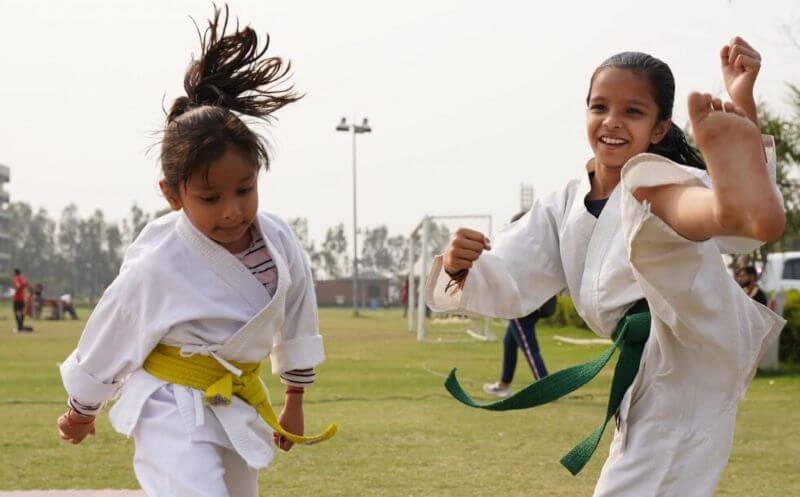In the domain of youth sports, the interplay between mental and physical performance stands as an undeniable influence shaping the course of budding athletes. Herein, this article seeks to unveil the intricate relationship between mental and physical well-being, underscoring the significant impact each exerts on the other. By adopting a comprehensive approach that fosters synergy between mind and body, coaches, parents, and young athletes can unlock unparalleled potential, establishing a foundation for lifelong well-being.
Mental well-being serves as the driving force propelling physical performance to new heights. Confidence, focus, and a positive mindset constitute integral components of mental fortitude, directly influencing an athlete’s capacity to execute physical tasks with precision and agility. The linchpin of optimal physical performance lies in mental focus. A clear and focused mind enables young athletes to execute movements with precision, refining skills and minimizing the likelihood of errors. Coaches can incorporate concentration exercises into training regimens to sharpen mental focus and enhance overall performance.
Emotional resilience emerges as a cornerstone of success in youth athletics. The ability to navigate the emotional peaks and valleys inherent in sports contributes to physical resilience. Athletes adept at managing stress, disappointment, and pressure are better equipped to rebound from setbacks and adapt to evolving game dynamics. The profound connection between confidence and physical prowess cannot be overstated. A confident mindset empowers young athletes to take calculated risks, push physical boundaries, and perform at their peak. Coaches play a pivotal role in instilling and nurturing this confidence through positive reinforcement and goal-setting.
Mental fatigue transcends the confines of the mind alone, extending its effects to the physical realm. Athletes experiencing cognitive overload may display signs of physical fatigue, resulting in compromised reaction times, impaired decision-making, and heightened susceptibility to injuries. Recognizing the intimate relationship between mental and physical fatigue is crucial for effective training planning.
A holistic training approach acknowledges the inseparable nature of the mind and body. Incorporating mental conditioning drills, mindfulness practices, and educational sessions on the mind-body connection into training programs ensures a comprehensive development strategy. A well-rounded athlete is not only physically adept but also mentally resilient. Instilling the importance of a holistic approach early in a young athlete’s journey lays the groundwork for lifelong well-being. The lessons acquired in managing mental and physical health extend beyond the sports arena, equipping individuals with skills contributing to success in various aspects of life.
In the intricate dance of youth athletics, the fusion of mental and physical elements creates a harmonious symphony that defines success. A holistic approach, nurturing the synergy between mind and body, empowers young athletes to achieve unprecedented heights. As we champion the development of the next generation of athletes, let us acknowledge and prioritize the interconnected nature of mental and physical well-being, paving the way for enduring success and a lifelong commitment to holistic health.

